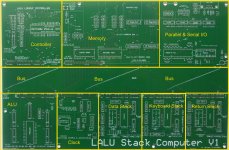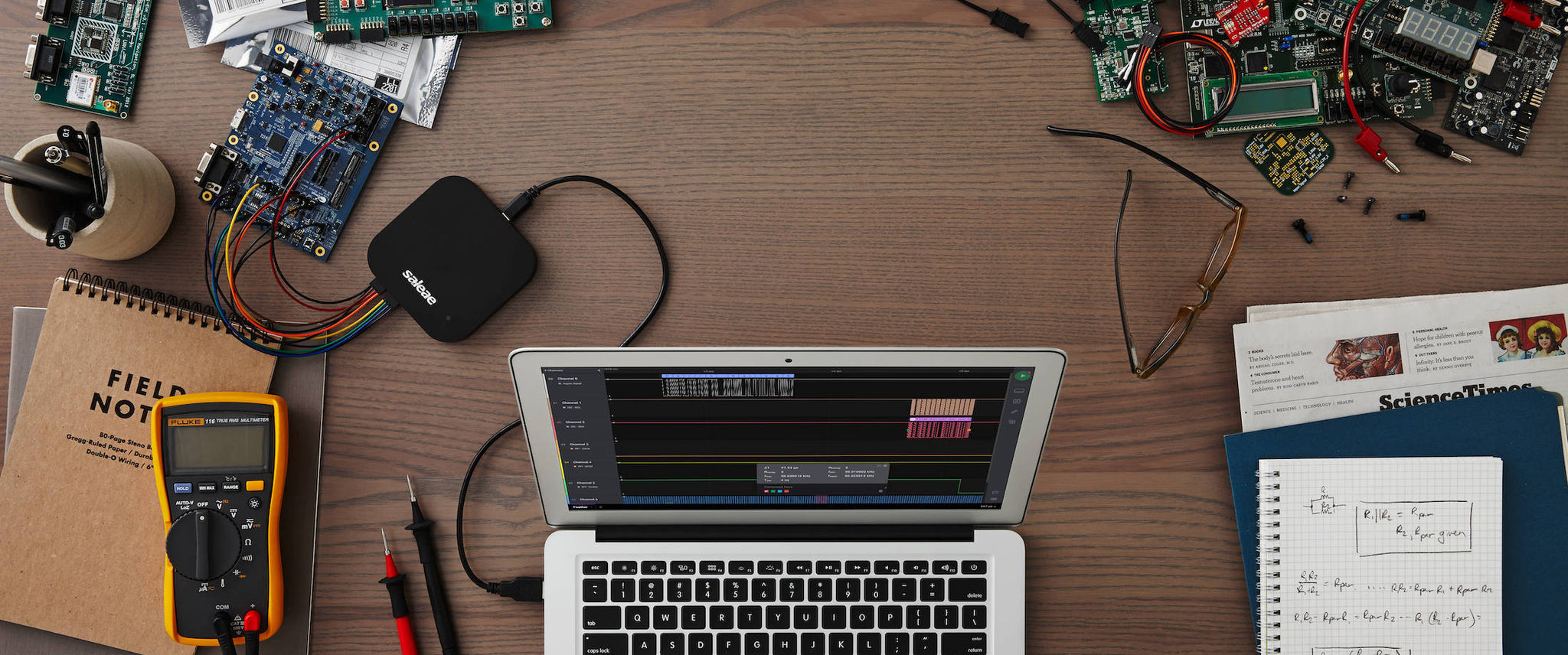mmruzek
Experienced Member
Hello, I am working on a homebrew TTL stack computer design using 74LS series chips. I recently created a single board version of the computer with an integral 50 channel bus. My computer is clocked at 1 MHZ. I have made provision for a bus-out connector, anticipating that I might want to hookup a logic analyzer.
Logic analyzers are a whole new ball game for me. I see a mountain of used equipment on EBAY, much of it is priced very reasonably, around $100, etc. Older equipment is A-OK with me, but USB stuff is fine too... if it gets the job done. Looking for guidance and suggestions from those that know! Thanks. Michael
Logic analyzers are a whole new ball game for me. I see a mountain of used equipment on EBAY, much of it is priced very reasonably, around $100, etc. Older equipment is A-OK with me, but USB stuff is fine too... if it gets the job done. Looking for guidance and suggestions from those that know! Thanks. Michael


